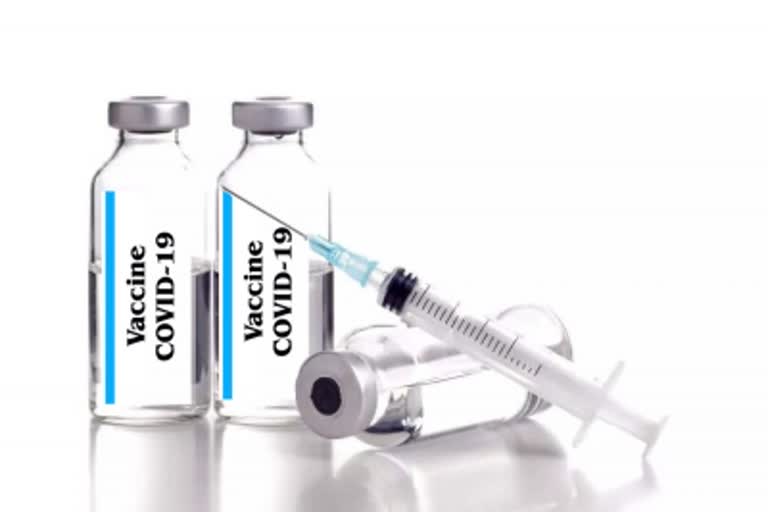Chennai: Indian states like Uttar Pradesh, Delhi and Tamil Nadu are getting lower share of vaccine than their need as against Rajasthan, Gujarat and Maharashtra which are getting more, said integrated securities company Emkay Global Financial Services.
According to Emkay Global, it arrived at this conclusion by estimating the optimal state share by creating a weighted distribution measure based on parameters like population, its density, urban-rural ratio, active cases, death load and others.
Ideally, the vaccine distribution should be done as per the states' population share implying each state's vaccination drive gets aligned to the national average timeline, Emkay Global said.
According to former Union Health Minister and a Member of Parliament Anbumani Ramadoss, Tamil Nadu with a population of 7.62 crore got an allotment of 72 lakh vaccine while Gujarat with a population of 6.94 crore population got 1.39 crore vaccine, Karnataka with a population of 6.66 crore got 1.06 crore vaccines.
Read More: Bharat Biotech commences direct supply of 'Covaxin' to 14 states
On the other hand, Rajasthan with a population of 7.88 crore just about 26 lakh people over Tamil Nadu got 1.42 crore vaccine, Ramadoss said.
According to Emkay Global, preferring economically important states/districts may not be socially cost-optimal as human life has to be treated equally.
"However, targeting low-hanging fruits could still give optimal results, say focusing on urban areas with higher cases and population density (implying higher risk of contagion), which also incidentally have better infra for vaccination administration," said Emkay Global.
According to its report, Emkay Global estimate the total cost of vaccination in a no wastage scenario will be about 0.6 - 0.7 per cent of gross domestic product (GDP), of which states would bear 0.25 per cent of GDP and private sector about 0.4 per cent of GDP and the centre bears the least cost.
"This assumes (1) states and the private sector share the vaccination burden of 60 per cent and 40 per cent population of 18-44 and sub-18 age group respectively, and (2) the Centre covers 70 per cent of the 45+ population in each state and the rest will be taken up by the private sector," Emkay Global said.
For states, the fiscal burden of vaccination would vary as per their population and its distribution toward the sub-45 age group.
Vaccination strategy equitable: Centre to Supreme Court
The vaccination strategy for COVID-19 has been formulated by the Centre in a "just, equitable, non-discriminatory" manner and any "overzealous" judicial intervention may result in unforeseen consequences, the government has told the Supreme Court.
In an affidavit filed by the Centre in response to the points raised by the top court, it said submitted that the vaccination policy conforms to the mandate of Article 14 and Article 21 of the Constitution and was made after several rounds of consultations and discussions with experts.
State governments and vaccine manufacturers require no interference by the top court as dealing with a pandemic of this magnitude, the Executive does have room for free play in the joints, in the larger public interest, it said.
(With Agency Inputs)



